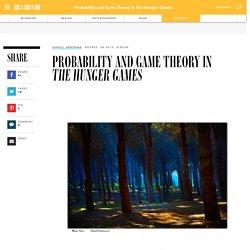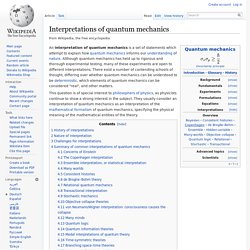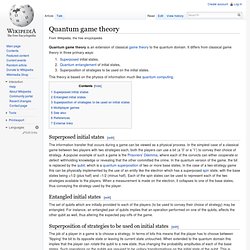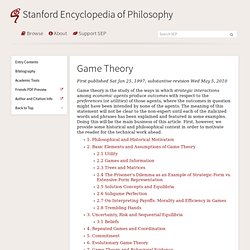

Cognitive Biases - A Visual Study Guide. Probability and Game Theory in The Hunger Games. This is a guest post by Michael A.

Lewis (PDF), a friend of mine who is a professor at the Silberman School of Social Work at Hunter College. One of the things I found most interesting and surprising about the movie The Hunger Games (HG) is how mathematical it is. The basic premise of the story is that there is a society in what used to be North America made up of a centralized capital and 12 outer districts. Seventy-four years ago the districts staged an uprising against the capital which was violently put down. As punishment for this transgression, every year each of the districts must send one boy and one girl (it’s not clear what would happen to transgendered persons in this world) to take part in the Hunger Games. Let’s focus on two mathematical aspects of the movie: the lottery probabilities, and the game theory of sleeping.
The way districts choose which boy and girl to send to the capital for the Hunger Games is by lot. Interpretations of quantum mechanics. An interpretation of quantum mechanics is a set of statements which attempt to explain how quantum mechanics informs our understanding of nature.

Although quantum mechanics has held up to rigorous and thorough experimental testing, many of these experiments are open to different interpretations. There exist a number of contending schools of thought, differing over whether quantum mechanics can be understood to be deterministic, which elements of quantum mechanics can be considered "real", and other matters.
This question is of special interest to philosophers of physics, as physicists continue to show a strong interest in the subject. They usually consider an interpretation of quantum mechanics as an interpretation of the mathematical formalism of quantum mechanics, specifying the physical meaning of the mathematical entities of the theory. History of interpretations[edit] Main quantum mechanics interpreters Nature of interpretation[edit] Two qualities vary among interpretations: Game Theory and Physics. A tale of two qubits: how quantum computers work. Quantum information is the physics of knowledge.

To be more specific, the field of quantum information studies the implications that quantum mechanics has on the fundamental nature of information. By studying this relationship between quantum theory and information, it is possible to design a new type of computer—a quantum computer. A largescale, working quantum computer—the kind of quantum computer some scientists think we might see in 50 years—would be capable of performing some tasks impossibly quickly. To date, the two most promising uses for such a device are quantum search and quantum factoring. To understand the power of a quantum search, consider classically searching a phonebook for the name which matches a particular phone number.
Although quantum search is impressive, quantum factoring algorithms pose a legitimate, considerable threat to security. Single qubits. Rg8qn.png at Free Image Hosting. Quantum game theory. Quantum game theory is an extension of classical game theory to the quantum domain.

It differs from classical game theory in three primary ways: Superposed initial states,Quantum entanglement of initial states,Superposition of strategies to be used on the initial states. This theory is based on the physics of information much like quantum computing. Superposed initial states[edit] Entangled initial states[edit] [quant-ph/0004076] Quantum Games. U.S. Simulation Forecasts Perils of an Israeli Strike at Iran. Game Theory with Ben Polak. Game Theory. First published Sat Jan 25, 1997; substantive revision Wed May 5, 2010 Game theory is the study of the ways in which strategic interactions among economic agents produce outcomes with respect to the preferences (or utilities) of those agents, where the outcomes in question might have been intended by none of the agents.

The meaning of this statement will not be clear to the non-expert until each of the italicized words and phrases has been explained and featured in some examples. Doing this will be the main business of this article. First, however, we provide some historical and philosophical context in order to motivate the reader for the technical work ahead. 1. The mathematical theory of games was invented by John von Neumann and Oskar Morgenstern (1944). Despite the fact that game theory has been rendered mathematically and logically systematic only since 1944, game-theoretic insights can be found among commentators going back to ancient times. 2. 2.1 Utility.